A growing number of retailers are selling alcohol on their sites - and reaping the rewards.
Latest figures from Experian Catalist show that about 2,450 forecourts had an alcohol licence in December 2008, out of a total of 9,264 sites operating in the UK market. This compares to 2,235 out of 9,432 sites in mid 2007 - meaning more than 200 more forecourts were granted an alcohol licence in the 18 months to the end of last year.
According to Harris International Marketing (Him), the typical forecourt shopper is professional and affluent (ABC1), aged 28 to 40, and therefore a prime target for retailers and their BWS (beer, wine and spirit) suppliers.
Him director Tom Fender says: "Forecourt licences are a relatively new development and so consumers need to be made aware that the forecourt sells BWS. Over the next couple of months there will be a number of events coming up - St David’s Day, Mother’s Day and Easter - alcohol could be part of a gift for all these occasions. But retailers should remember the most effective form of communication is via the store staff themselves - can retailers get in the habit of up-selling products to customers? The obvious challenge is that staff may be worried about up-selling products usually located at the back of the store because queues build up, so enough stock needs to be located near the checkout."
A recent Datamonitor report, published in January, suggested people had not cut back on their drinking at home as a result of the credit crunch - but were looking for better value when buying alcohol. Researchers for Recessionary Consumers & Product Choice: Implications for 2009, found a quarter of shoppers had made alcohol purchasing decisions from off licences ’more’ on the basis of price in the past six months. The report added: "Price savings offered by the off-trade compared to the on-trade are clearly a growing motivator, accelerated by economic difficulties. The challenge for the industry will be maintaining value generation in the off-trade if consumers who have migrated from premium on-trade purchases to premium off-trade begin to trade down more significantly within the off-trade setting."
One independent retailer seeing a boom in alcohol sales is Huddersfield-based Shaws Petroleum. The company’s Sovereign Service Station in Huddersfield won the Best Site with a Licence to Sell Alcohol at the Forecourt Trader of the Year Awards 2008.
David Wall, Shaws Petroleum operations director, says: "The alcohol section is still quite a new concept at Sovereign but it’s doing so well. The biggest thing is our promotions, whatever’s on offer always sells the best, be it ’three for two’ deals or half price offers. Alcohol accounts for about £9,000 to £10,000 of our sales a week at the site. Alcohol is such an important part of our business now, it probably accounts for at least a third of our total shop sales in the group. It’s even rivalling tobacco."
Wall says you need to tailor your offering to the local market, adding: "We’ve found that one type of alcohol sells better in one area, and a different one in another. For example, at Sovereign wine is the big thing - accounting for about a third of our alcohol sales, but in Barnsley it’s beer."
Wall says it’s essential to train staff so they can advise customers - the company even sends employees on wine tasting courses organised by Londis. He says: "Having a chilled section is also vitally important. All our wines, apart from red, are chilled as are all our beers."
This is an opinion backed by Beverage Brands, owner of WKD. Karen Salters, the company’s marketing director, says: "Stocking the right brands, stocking them in the chiller and stocking the correct pack formats will give forecourts the greatest chances of success."
To maximise sales, retailers need to think through their stocking policies. Salters explains: "We see far too many independent operators offering too wide a range and not allocating enough space to the best sellers."
The top three ready-to-drink (RTD) brands now account for 74% of volume sales in impulse, so it’s essential to focus on these leading performers. With WKD alone taking a 41% market share (Nielsen Scantrak GB impulse RTD category MAT volume 27/12/08), it’s clear to see that the brand has achieved a ’must-stock’ status.
"Real thought also needs to be given to stocking the right mix of pack sizes. It’s vital to allocate sufficient space to key packs so no sales are lost through out-of-stock situations.
"Also, the lifestyles of WKD’s core consumers are such that they aren’t ones to plan their shopping in advance so it’s important to have plenty of chilled stock at all times."
Peter Spencer, Gaymer Cider Company managing director, says retailers shouldn’t forget multipacks. He says: "Forecourts are often perceived as more expensive so it’s important to have clear promotional communication. Price-marked multipacks sell well as impulse purchases, with eight-packs being the fastest-growing pack format, so should be placed in prominent positions. Limited offers such as free snacks with purchases of cider, as well as value packs and promotions will encourage bulk purchases as weight is not an issue as most shoppers are travelling by car.
"RTDs and value cider brands are in decline, so retailers should be simplifying these ranges to create space for additional value and cash margin brands in the premium, mainstream-plus and mainstream sectors, which are enjoying strong growth in the market."
According to Spencer, premium ciders saw strong growth in 2008, up 50% - the fastest-growing sector within the cider category, with Gaymer Cider Company’s Addlestones alone growing by more than 150% (Nielsen 12 weeks ending 6/9/08 total coverage).
----
=== Latest legislation ===
== 1. Making minor variations to existing licences: ==
At present, a layout plan forms part of the premises licence and if changes are made to any part of the licence (including the plan) an application must be made to vary the licence. This is bureaucratic and expensive - an application can take one month if no objections are made, or up to two months if there are objections, and must be advertised in a newspaper and on the premises.
A new procedure is to be introduced, possibly this month, that will enable a licence holder to make a minor variation application. This will apply only in limited circumstances but may be appropriate for a minor change to the layout of a store.
The application will be served and a fee paid. If the Licensing Officer considers (a decision must be made within 14 days) that the changes proposed could impact on the licensing objectives (crime and disorder, public nuisance, public safety and the protection of children from harm) the application will be rejected and a full variation application must be submitted. Botkai says: "This is all very well provided the minor variation is granted but, if not, an additional 14 days will have been added to the application process. I am also concerned that once we have the new minor variation procedure, Licensing Officers will not be willing to accept the informal deposit of plans. So an attempt by the government to create a simplified process may have the opposite effect."
== 2. Mandatory conditions ==
The government is proposing to give Licensing Authorities new powers to impose conditions on existing licences either on an individual basis or on categories or groups of licences. The sort of conditions mooted include the adoption of Challenge 21, an approval process for training programmes and designated areas for the display of alcohol.
Botkai comments: "Currently, if a store is having an adverse impact on the licensing objectives, its licence may be reviewed and the Licensing Authority can then impose conditions specific to those premises. If this change to the 2003 Act comes about, it will be possible for a Licensing Authority to impose new conditions on, say, all off licences in a particular area. It is difficult to see how an appeal process can be built in. Individual operators will find themselves with increased compliance costs through no fault of their own. Changes may need to be made to the layout of stores, multiple operators may have to negotiate the detail of their training programmes with many different Licensing Authorities."
Robert Botkai regularly sends out free legal updates - to be included on the mailing list call 0207 593 5004 or email rbotkai@wslaw.co.uk.





















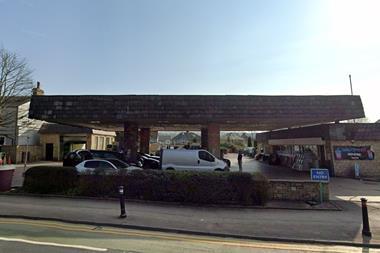
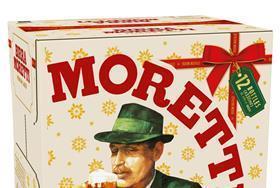
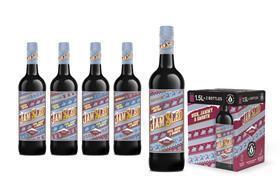

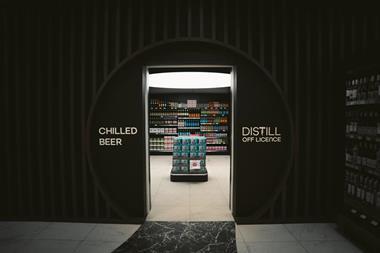


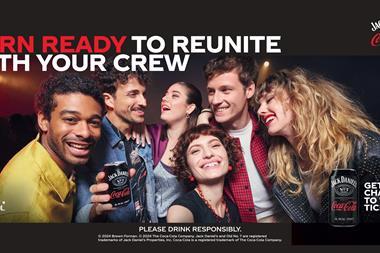
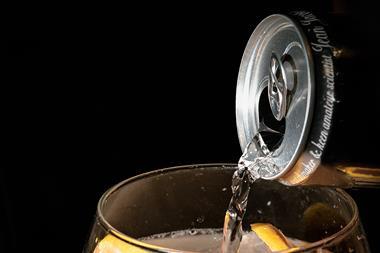
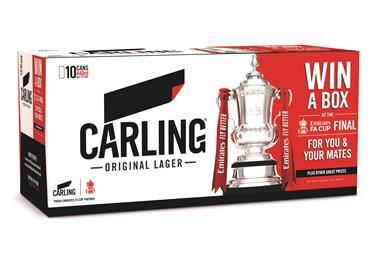
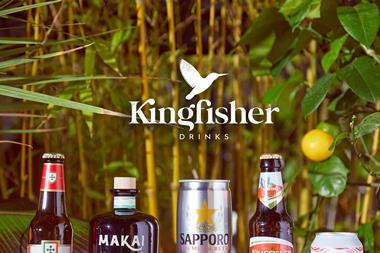
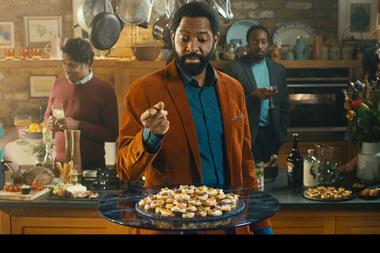
No comments yet